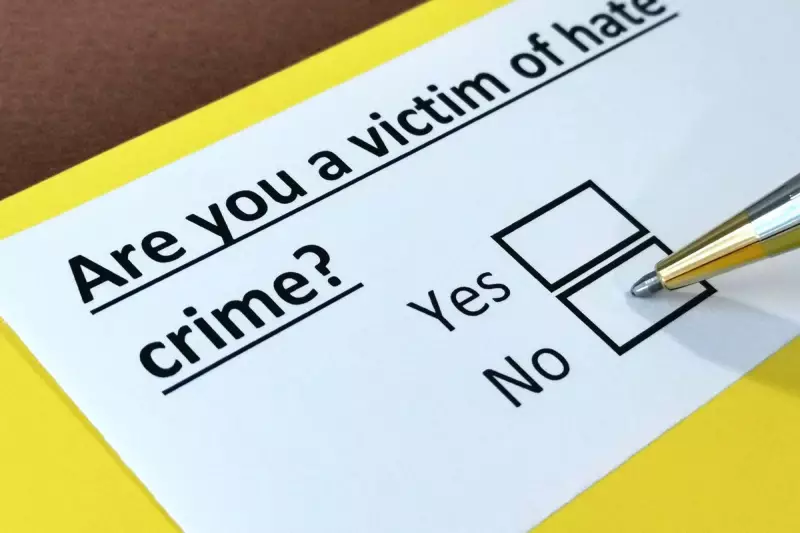
The relationship between London's Muslim communities and the Metropolitan Police faces renewed strain following explosive revelations about clandestine data sharing practices between the force and immigration authorities.
Secret Information Pipeline Uncovered
An investigation by the Independent has exposed a systematic transfer of personal information from police databases to Home Office immigration enforcement teams. This covert data exchange occurred despite the Met's public commitment to building trust with minority communities.
The practice, which remained hidden from public scrutiny, allowed immigration officials to access details obtained during routine police interactions, including victim reports and witness statements.
Community Leaders Voice Outrage
Muslim community representatives have expressed profound dismay at the revelations, warning that such practices fundamentally undermine years of delicate trust-building efforts.
"This is a betrayal of the very principles of community policing," stated one community leader who wished to remain anonymous. "When people come forward as victims or witnesses, they should feel safe, not fear that their information will be used against them or their families."
Policing by Consent Under Threat
The controversy strikes at the heart of the British policing model founded on public consent and cooperation. Community advocates argue that using policing data for immigration enforcement creates a chilling effect that could deter crime reporting and witness cooperation across minority communities.
One particularly concerning aspect involves the potential for racial profiling, with critics suggesting the data sharing disproportionately affects Muslim and ethnic minority Londoners.
Metropolitan Police Under Pressure
The revelations come at a sensitive time for the Metropolitan Police, which has faced multiple scandals in recent years regarding institutional culture and community relations. This latest controversy threatens to further damage the force's credibility with London's diverse populations.
Police representatives have defended the practice as necessary for public safety, but community advocates demand greater transparency and clear boundaries between policing and immigration enforcement.
Call for Policy Overhaul
Civil liberty groups and community organisations are now calling for an immediate review of data sharing protocols and stronger safeguards to prevent the weaponization of police data against vulnerable communities.
The ongoing debate highlights the delicate balance between effective law enforcement and protecting the rights and trust of all communities in modern Britain.






